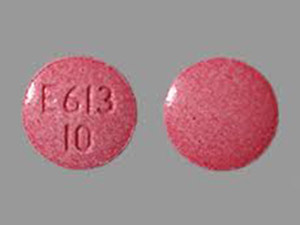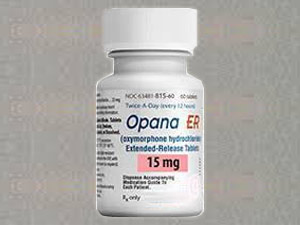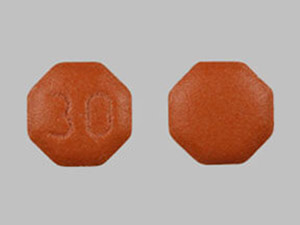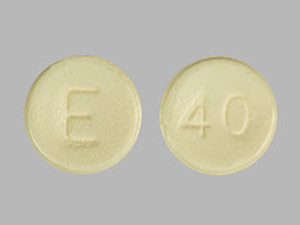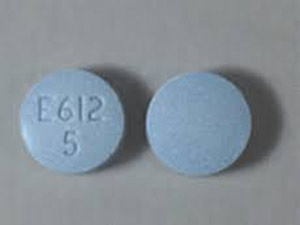Buy Opana ER Online
Showing all 7 results
Opana ER drug description
Opana (oxymorphone) is an opioid pain reliever. Oxymorphone extended-release helps relieve severe ongoing pain. It belongs to the long-acting opioid analgesics class of drugs. You should not use the extended-release form of oxymorphone to ease the mild or that will go away in a few days.
Important Information
- Do not use Opana if you have severe asthma or breathing problems, a blockage in your stomach or intestines, or moderate to severe liver disease.
- Oxymorphone has the potential to slow or stop your breathing and may become habit-forming. Addiction, overdose, or death may result from the misuse of Opana, especially in a child or other person using the medicine without a prescription.
- Opana use during pregnancy can result in life-threatening withdrawal symptoms in the newborn.
- Fatal side effects may occur if you take Opana with alcohol or other drugs that cause drowsiness or slow breathing.
What to know before taking Opana ER?
Do not take Opana if you are allergic to oxymorphone, or if you have:
- Severe liver disease
- Severe asthma or breathing problems
- A stomach or bowel obstruction (including paralytic ileus)
To make sure Opana is suitable for you, tell your doctor if you have ever had:
- A head injury or seizures
- Urination problems
- Liver or kidney problems
- Breathing problems, sleep apnea (breathing that stops during sleep)
- Drug or alcohol addiction, or mental illness
- Problems with your gallbladder, pancreas, or thyroid
If you use Opana while pregnant, your baby may become dependent on the drug. It may result in life-threatening withdrawal symptoms in the baby after birth. Babies born addicted to opioids may require medical care for several weeks.
- If you are breastfeeding, consult your doctor before using Opana. Inform your doctor if you notice the nursing baby is tired or breathing slowly.
How to take Opana ER?
- Take Opana as prescribed by your doctor. Read all medication guides and follow the directions on your prescription label. Do not use Opana in more significant amounts or for longer than prescribed.
- Never give Opana to someone else, especially someone who has a history of drug abuse or addiction. Addiction, overdose, or death may result from the misuse of Opana, especially in a child or other person using the medicine without a prescription. It is illegal to sell or distribute Opana ER. However, you can order Opana ER online.
- When you start taking Opana, you should stop using all around-the-clock opioid pain relievers.
- You can take Opana on an empty stomach at least 1 hour before or 2 hours after a meal.
- To prevent a potentially fatal overdose, swallow the tablet whole. Do not chew, crush, break, or dissolve.
- Take only one Opana ER extended-release tablet at a time. Do not lick or wet the tablet before placing it in your mouth to avoid choking.
- Never crush or break an Opana pill to inhale the powder or mix it into a liquid to inject the drug into a vein. It has the potential to result in death.
- If you stop using Opana abruptly after a long period of use, you may experience unpleasant withdrawal symptoms. Inquire with your doctor about the safest way to discontinue Opana.
- Store away from moisture, heat, and light at room temperature. Keep a record of your medications. You should be aware if someone is misusing it or using it without a prescription.
- Do not save any leftover opioid medication. A single dose of this medication can be fatal if taken accidentally or improperly.
Opana ER side effects
Opioid medication can slow or stop your breathing which can be fatal. If you have blue lips, slow breathing with long pauses, or are difficult to wake up, someone caring for you should administer naloxone and seek emergency medical attention.
Common side effects of Opana may include:
- Headache, tiredness
- Dizziness, drowsiness
- Stomach pain, nausea, vomiting, constipation
Serious side effects
- A light-headed feeling, like you, might pass out
- Weak or shallow breathing, breathing that stops
- Seizure (convulsions)
- Severe vomiting
- Chest pain, wheezing, cough with yellow or green mucus
- High levels of serotonin in the body, symptoms may include agitation, hallucinations, fever, sweating, shivering, fast heart rate, muscle stiffness, twitching, loss of coordination, nausea, vomiting, diarrhea
- Low cortisol levels, including symptoms such as nausea, vomiting, loss of appetite, dizziness, worsening tiredness, or weakness
Serious side effects may be more common in older people and those who are overweight, malnourished, or disabled.

